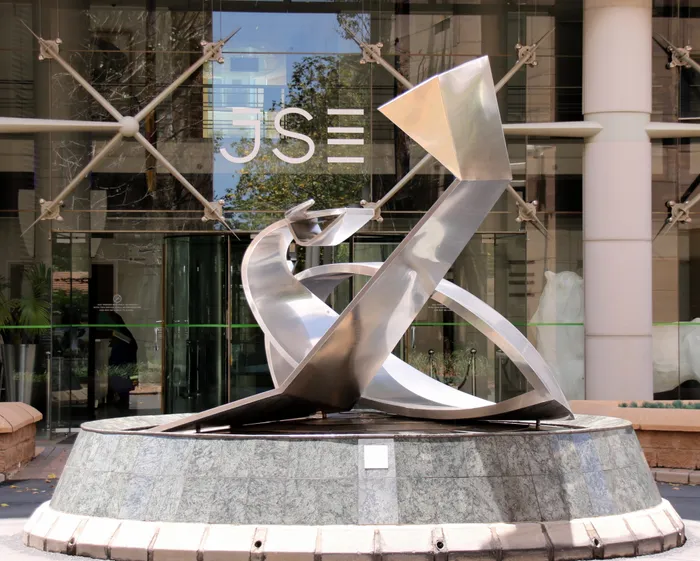
Leila Fourie, Group CEO of the JSE, said reaching 100 000 points on the ALSI was not just a numerical milestone but a powerful reflection of the resilience, innovation and operational excellence of companies listed on the JSE.schemes.
Image: Nicola Mawson / Independent Newspapers
The Johannesburg Stock Exchange (JSE) reached a monumental threshold on Wednesday as the FTSE/JSE All Share Index (ALSI) celebrated its ascent to 100 000 points for the first time ever.
This remarkable figure is not just a testament to numerical achievement; it symbolises a prosperous evolution since the index began at just 100 points in January 1960, marking a staggering increase of 1 000 times over the past 65 years.
The index's annualised returns have exceeded 11%, underscoring the resilience of South Africa’s capital markets and positioning the JSE as one of the best-performing markets globally in both US dollar and rand terms for the year 2025.
The bourse has been breaking records since the year began as it started 2025 on a high above 84 000 index points. By 11am on Wednesday, the ALSI was 1.2% high to 100 504 index points.
Leila Fourie, Group CEO of the JSE, said reaching 100 000 points on the ALSI was not just a numerical milestone but a powerful reflection of the resilience, innovation and operational excellence of companies listed on the JSE.
“This landmark demonstrates that investors continue to place their trust in the South African market and in the ability of our listed companies to drive growth and deliver value,” Fourie said.
“As the JSE, we are proud to provide a platform that enables capital raising, fuels economic expansion and creates opportunities for wealth creation across society.”
The JSE is currently ranked in the Top 20 largest stock exchanges in the world by market capitalisation, and is the largest stock exchange in Africa, having been in operation for 137 years.
Elaborating on the development of the index, Mark Randall, director of information services, noted that the ALSI was redefined in 2002 through a strategic partnership with global index provider FTSE.
Randall said the adoption of modern methodologies, such as free float weighting and a stable universe of 160 companies, transformed the index into a comprehensive snapshot of South Africa's market landscape.
“Today, the index represents 125 listed companies on the JSE with a combined market capitalisation of R21 trillion, spanning a diverse range of sectors and geographies. While the ALSI does not include every listed company, it remains a trusted benchmark, capturing 99% of the eligible market capitalisation on the JSE Main Board,” Randall said.
“It distils the daily performance of large, mid, and small-cap stocks into a single, accessible figure visible across media platforms and financial tickers, underscoring the strength of South Africa’s equity market and the JSE’s role as a gateway to African investment.”
Since 2002, the ALSI has demonstrated robust long-term growth, successfully navigating global crises and fluctuations in commodity prices to achieve this historic milestone in 2025. The past five years, in particular, proved dynamic, as the index rebounded strongly from the lows of the pandemic.
The resurgence was driven by booming commodities—gold and platinum, resilient corporate earnings, and a newfound optimism among investors. Key sectors, such as mining, banking and technology, contributed substantially to these gains, supported by structural reforms and fiscal stability, underscoring the JSE’s position as a gateway to the African markets.
The JSE reiterated its dedication to providing a transparent, efficient and secure platform for issuers and investors alike, further cementing its position as the gateway to African capital markets.
“We remain committed to advancing market development, improving access to capital for businesses of all sizes and ensuring that our exchange continues to evolve in line with international standards,” Fourie said.
“This milestone is a reminder of the important role the JSE plays in enabling companies to grow, innovate and create jobs, which ultimately benefits the broader economy.”
BUSINESS REPORT